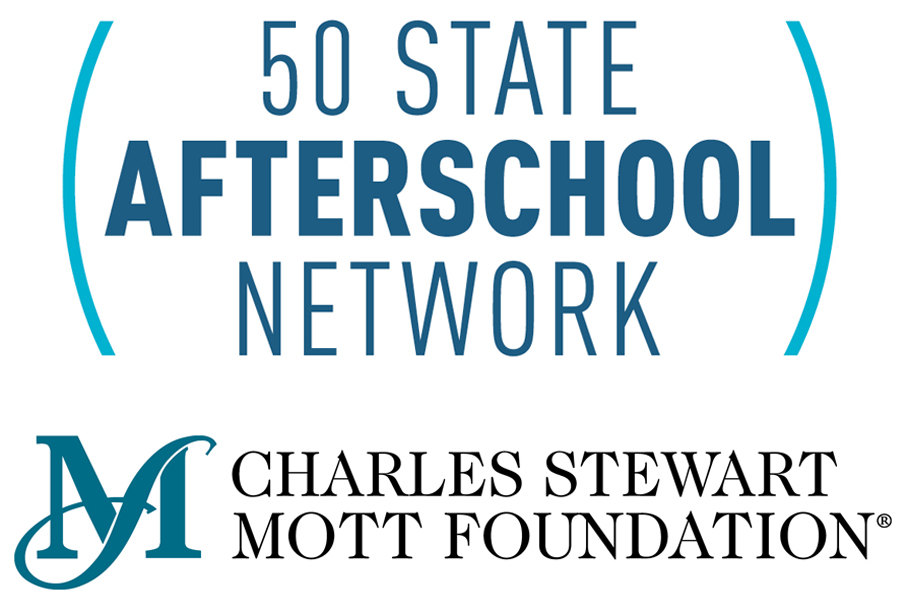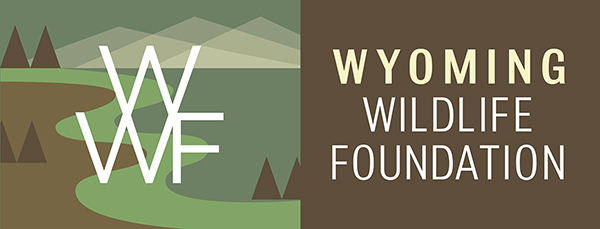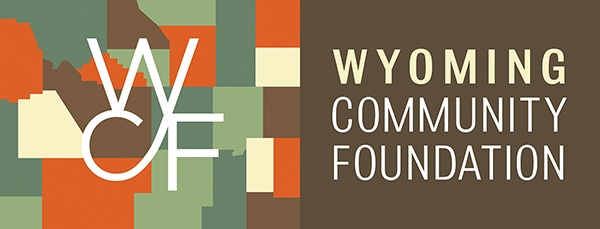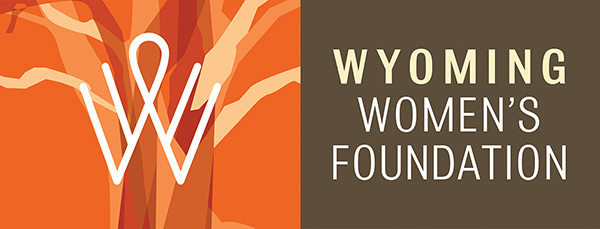MAKEHER INTRODUCTION
MAKEHER PROGRAM TO BRING STEM OPPORTUNITY TO GIRLS AROUND WYOMING
In all corners of the state, innovation and creativity are flourishing in the wake of unprecedented challenges.
As a part of its multi-year grant program, the Million Girl Moonshot program, administered by the Wyoming Afterschool Alliance and funded through the STEM Next Opportunity Fund, has launched its pilot project MakeHER with a call for scholars this fall. MakeHER is a collaboration with the University of Wyoming Coe Student Innovation Center and Wyoming 4-H, which has been working to develop programs in communities that will combine youth development opportunities with STEM education.
Jane Crayton, Makerspace Coordinator at University of Wyoming, said that the MakeHER program will be designed to capture the attention of teenagers — and girls in particular — across Wyoming. “Around age 11, girls are most at risk for opting out of STEM education experiences,” Crayton said. “It’s really important to start building confidence in STEM prior to that age, and definitely at that age. MakeHER is an intervention, but it will also provide students real-world experience.”
In the United States and across the globe, one specific culture or group is in charge, and has access to, being innovative, Crayton said. According to the American Association of University Women, stereotypes of male scientists, engineers and mathematicians start early, and cultural messaging may explain why girls enter STEM fields at dramatically lower rates than boys. Although women make up nearly half of all employees in the United States economy, they hold only 29 percent of STEM jobs. Girls face math anxiety at a rate higher than boys, the AAUW says, and this contributes to around half of the gender achievement gap in math.
Programs like the Million Girl Moonshot and its MakeHER pilot program can provide opportunity to underserved, at-risk and non-traditional STEM learners in Wyoming, which is extremely important.
“We want to broaden and diversify innovation,” Crayton said. “One culture, one group and one way of thinking is not going to solve our world’s problems. If we want to solve some of the largest problems facing humans right now, we are going to have to have a diverse group of people that come with a wide variety of experiences and frames of reference to solve them.
“We have to include girls and increase the participation of minorities in STEM. This program is really focused on engaging in those ways all of those people,” Crayton said.
On the ground level, UW student Emily Leinen has been hired as a graduate assistant to develop the program over the course of this year, specializing in youth development and program delivery. The Wyoming Afterschool Alliance has announced a call for 4-H scholars, who will lead the MakeHER programs in an anticipated eight communities in Wyoming. 4-H scholars can be current agents or leaders, but could also be unaffiliated with STEM learning or 4-H.
“It may be a chance to make that next step. This would be a challenge for that scholar,” said Mary Louise Wood, a University Extension Educator and 4-H/Youth coordinator.
The MakeHER program will launch in eight communities, partnering scholars with local maker spaces.
“Each scholar will receive an activities stipend to help them fund the program materials to deliver their programming,” Crayton said.
Built into the program is support for Wyoming maker spaces, which are by their very existence, promoting problem solving inside Wyoming. Participating maker spaces will be eligible to receive a small grant stipend for equipment to support their activities.“For example, if the scholar decides to do a vinyl cutting project with heat press vinyl, and the maker space has a Cricket vinyl cutter but they don’t have a heat press, this would be (funding) to afford that maker space to buy that heat press,” Crayton said. “That maker space would then have that equipment from then on for future activities.”
MakeHER will support Wyoming’s maker spaces building their internal capacity, all the while training scholars on how to deliver programs that reach Wyoming youth through 4-H.
“Our main role is to help these maker spaces connect to local youth,” Wood said.
Though many 4-H programs have scientific components, 4-H agents may not always see it.
“If girls don’t have a connection with science, they don’t necessarily see the science in their 4-H projects. This is a way to encourage them,” Wood said. “This is not out of their realm. There are a lot of science careers that they don’t even realize are science-based. It doesn’t have to be biology or engineering.”
Through participation in MakeHER space programs, students will learn problem solving skills and confidence.
“They will learn through the scientific process about problems and finding solutions,” Wood said. “Even more basically, if they have a failure, this is a safe space to fail. They’ll learn not to give up. A lot of times in society, there aren’t safe places to fail. If you fail in school you might get labeled, but this is a safe place to learn from those experiences — to find those successes even though a project may not have turned out the way that you wanted it to.”
As the world recovers from the global coronavirus pandemic, but still reels from its effects, hands-on learning opportunities like those presented inside maker spaces will become more and more important.
“Students need a place to get in-person work done, and have access to the things they would have if they were in the classroom,” Crayton said. “Coming to this space is a great way to engage students in STEM, and get them using the tools on a trajectory towards STEM careers.”
While a main focus of MakeHER is on engaging girls in STEM opportunities, Crayton said it is not only about serving girls.
“These are not single-gendered programs. We have co-gendered programs, but we really advertise to girls and have asked partners in other areas to advertise to girls. The program will not launch unless there was 50% participation from girls,” Crayton said.
“We have found, even in our other programs in the maker space, enrollment is predominantly male oriented. Boys definitely like to participate in our making program, which is great and that is awesome,” she said, “but we also want to be saving space for girls.”
November 20, 2020 – Carrie Haderlie.
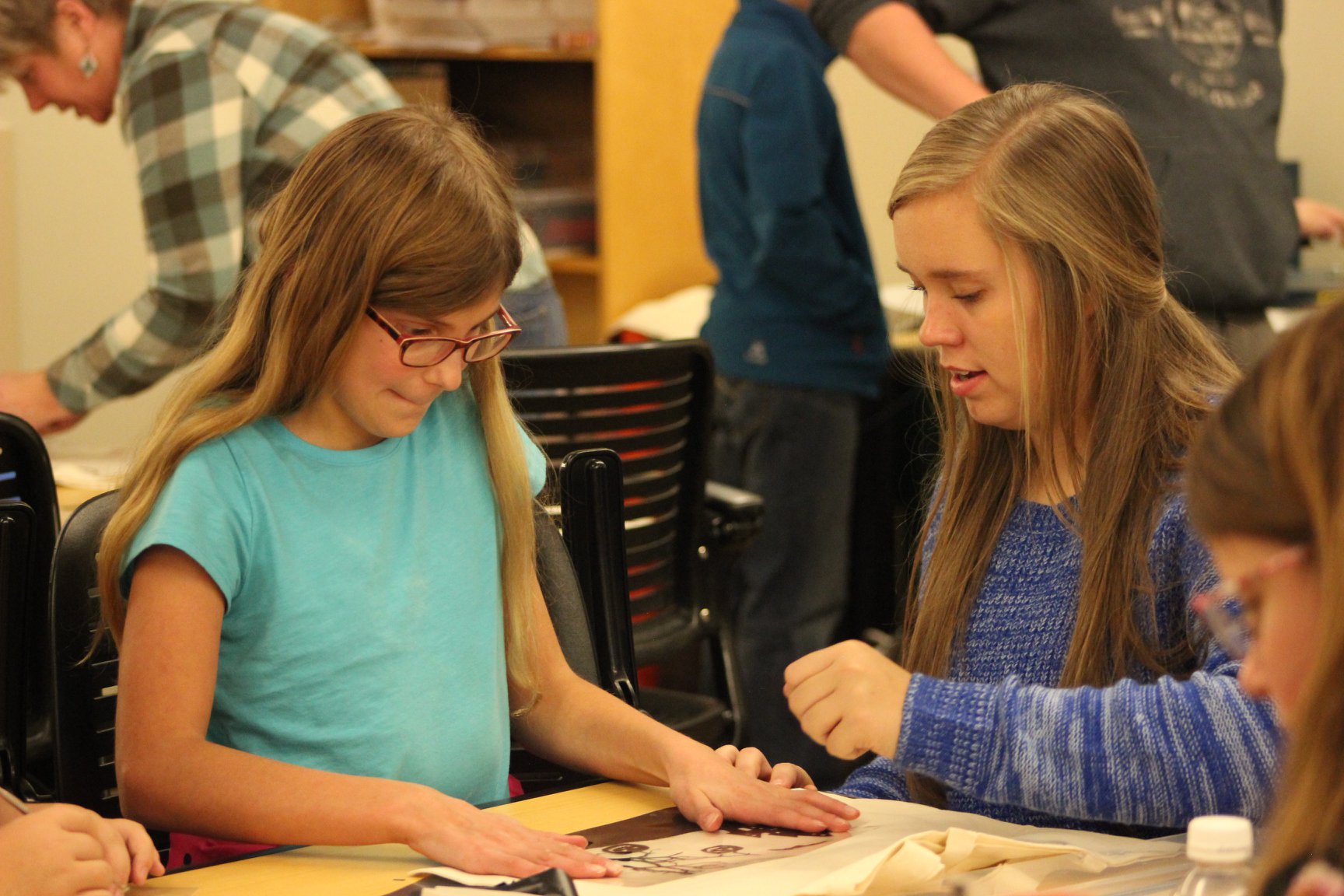
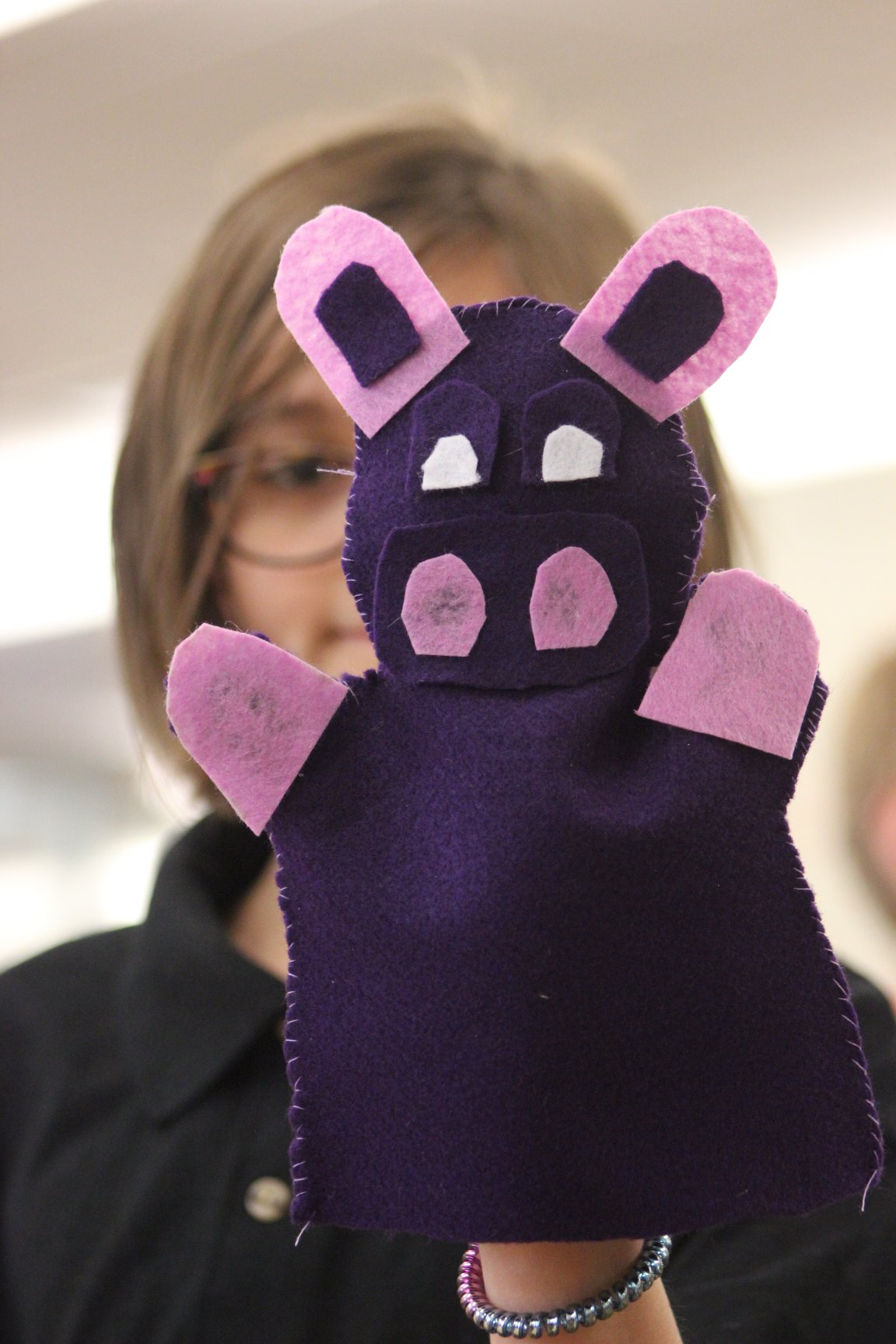
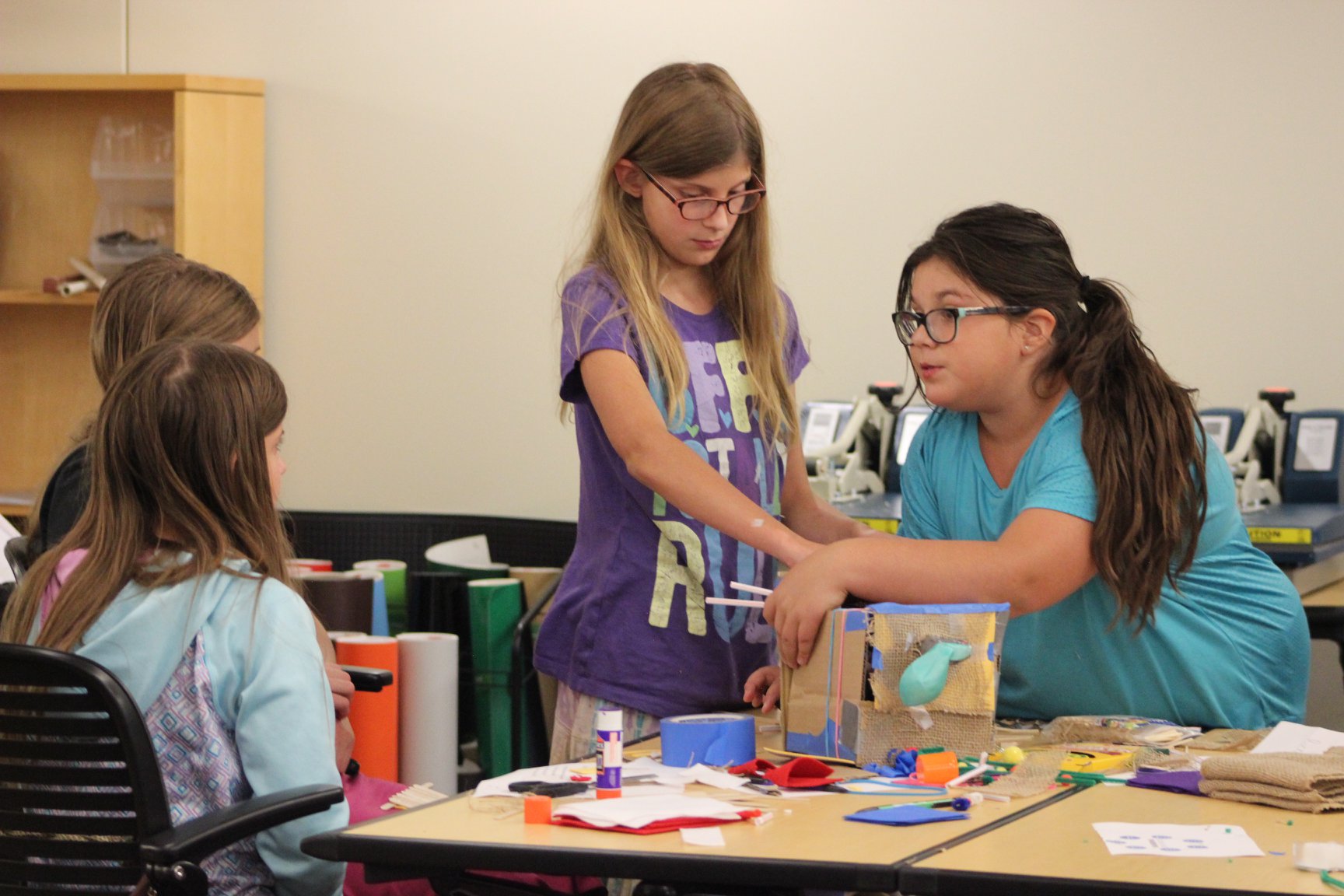
Photo information: Students participate in a 4-H makerspace program at the Coe Student Innovation Center in the fall of 2019.
Learn More: The Million Girls Moonshot supports the efforts of the Wyoming Women’s Foundation, inspiring the next generation of innovators and helping girls gain skills that unlock pathways to self-sufficiency. Learn more at wyafterschoolalliance.org/million-girls-moonshot.
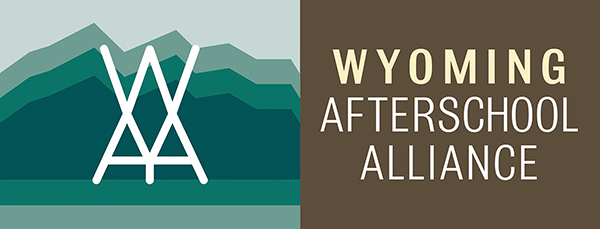
Mission: We bridge the gap between Wyoming’s out-of-school programs and the communities they uplift, fueling them with resources, support and opportunities that inspire lifelong learning, growth and connection.
Sign up to get news and updates delivered to your inbox.

